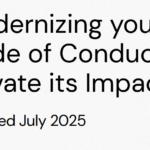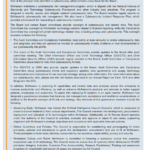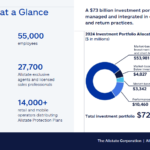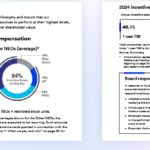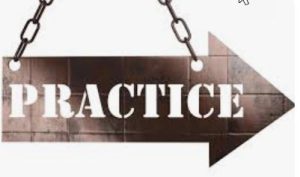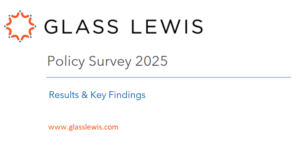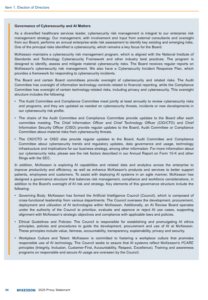One of the first panels for the Society of Corporate Governance’s annual conference being held right now was a cybersecurity one and Debevoise’s Avi Gesser gave us a memorable line – in a tongue-in-cheek moment – when he noted that a company might have deemed a cyber incident to have triggered an Item 1.05 Form 8-K even though the company disclosed that it “does not believe that this incident is reasonably likely to materially impact its financial condition or results of operations” because it was “spiritually material.” This Form 8-K was filed a few weeks before Corp Fin Director Erik Gerding issued this statement urging companies to use Item 7.01 or 8.01 to file cyber incident 8-Ks if a company deems a hack to be immaterial or if it hasn’t yet completed a materiality assessment.
Avi’s remark was off-the-cuff and made in jest – he’s a fantastic speaker – and it helped liven up what was already an excellent panel. But I got to thinking about the jest later and I’m not sure he was wrong.
Let me explain. For those close calls on materiality, it often comes down to those most responsible for making the calls to ultimately decide whether to disclose something and how to characterize it. I’ve blogged before about the loneliness of making that decision. And I’ve also blogged about how you draw upon your own experiences and your own beliefs.
It was also comes down to the company’s culture too. Is your company one that tends to err on the side of making disclosure (as many practitioners do)? Or perhaps there are special circumstances that dictate disclosure being made in a certain way is warranted? In this particular case, there were special circumstances because the 8-K also involved a delay in reporting as permitted under an exception in the SEC’s Form 8-K regs to do so if certain members of the US government bless it.
So if you’re the one taking a deep breath and making the materiality call after much contemplation – and perhaps a lack of sleep – I don’t think its a stretch to consider your noodling about what to do in a grey area as akin to a “spiritual reckoning” of sorts. That’s why we’re paid the big bucks. Bringing our expertise and experience to bear and digging deep down to try to do the right thing.
I’m a big proponent of taking a walk around the block, meditating or otherwise tapping into my subconscious to assist me with a big decision. As someone who has studied hypnotism, I’ve learned that if your subconscious is given a choice, it nearly always makes the healthy one…








